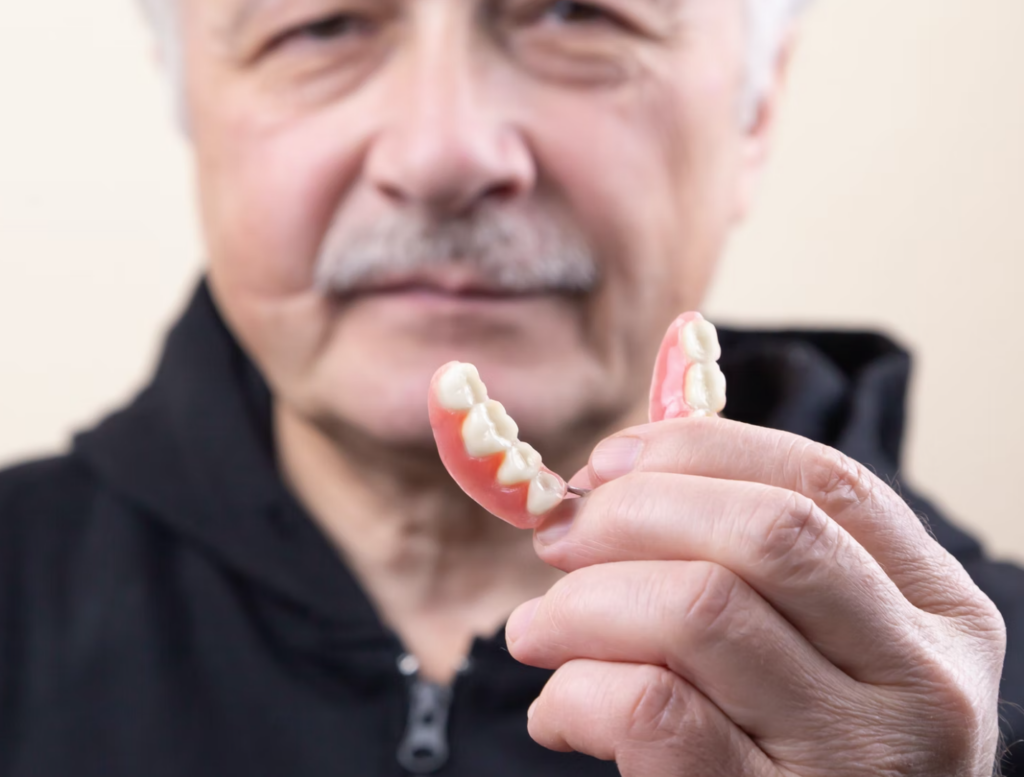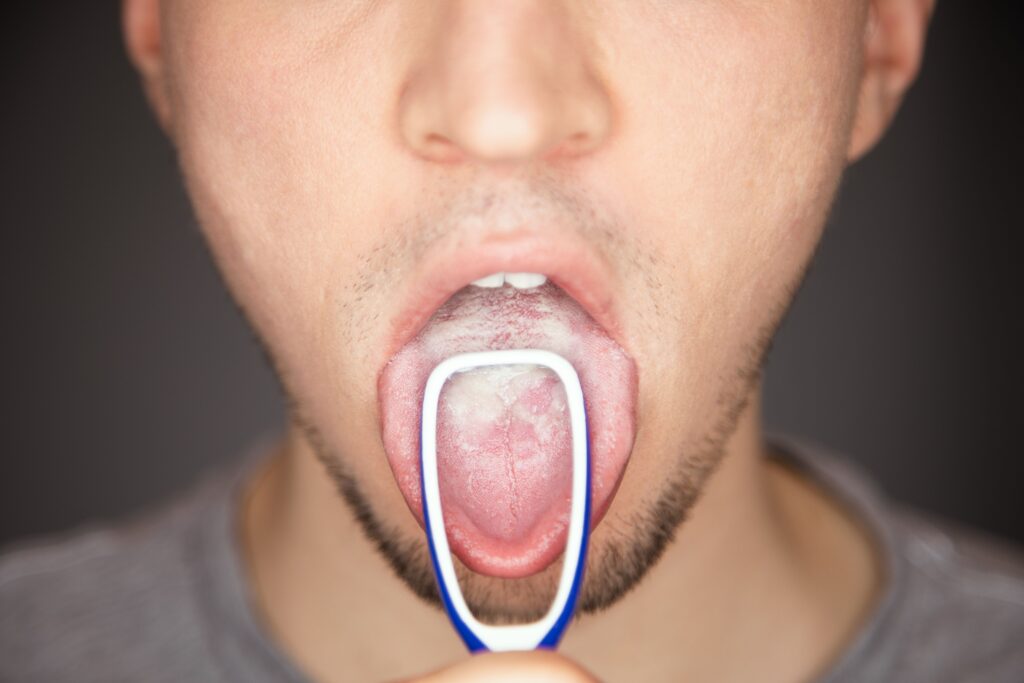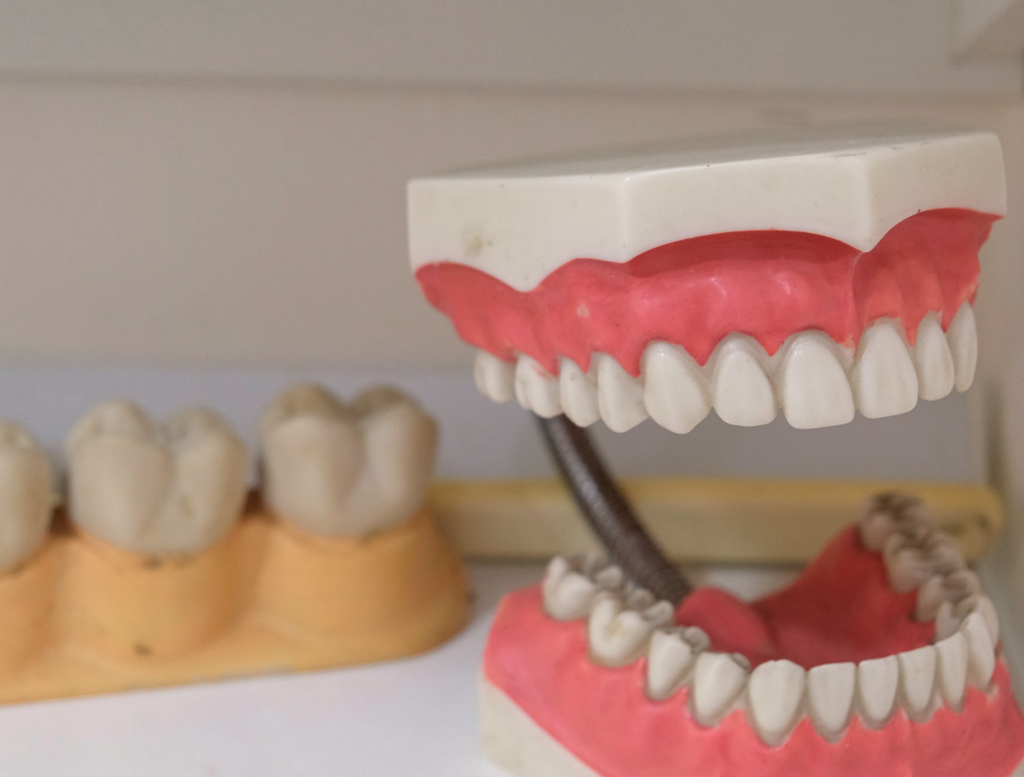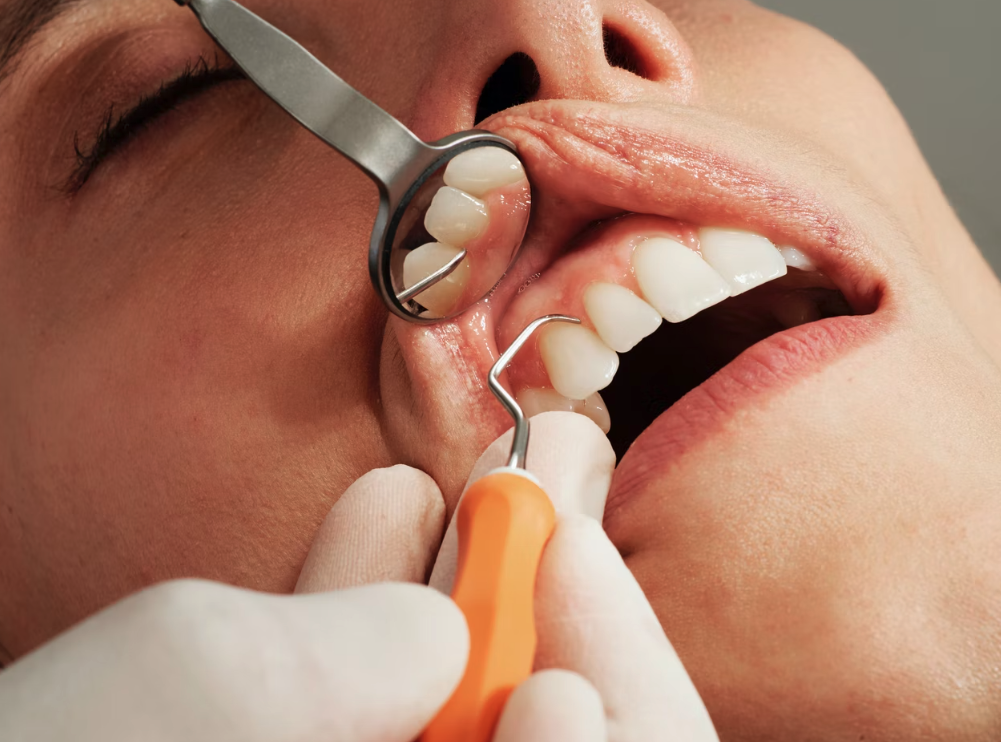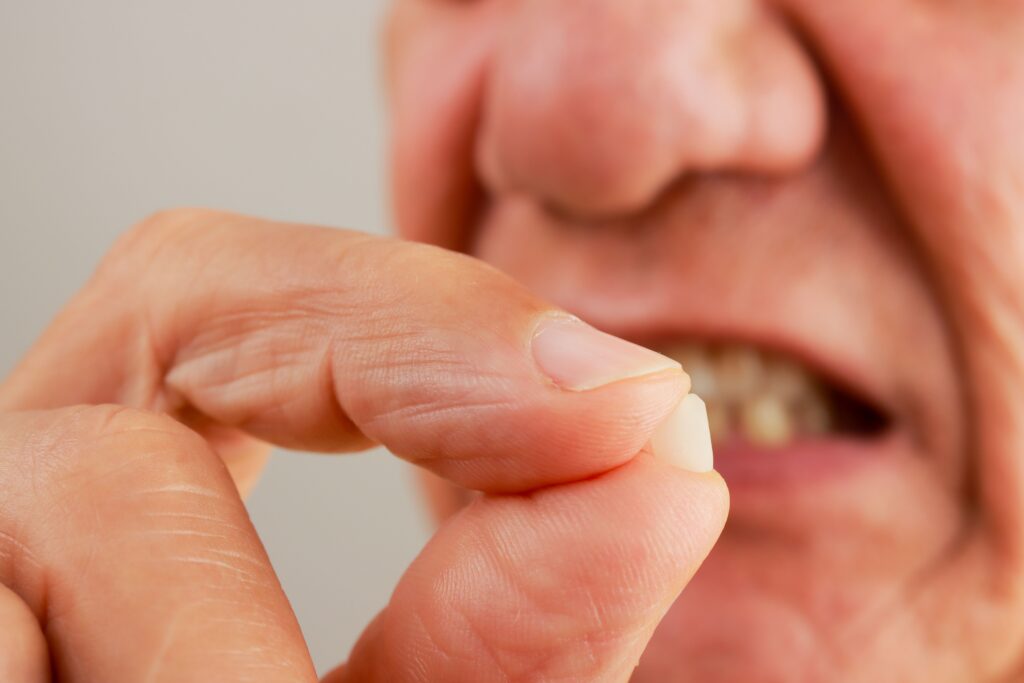Dentures are a removable dental prosthesis that is used to replace missing teeth. They can be made from a variety of materials, including plastic, metal or porcelain. Dentures are custom-made to fit the patient’s mouth and can be worn for different lengths of time, depending on the patient’s needs.
Generally, patients should wear dentures for as long as they need to in order to restore their smile and dental function. However, there are a few things to keep in mind when it comes to how long dentures should be worn.
How Many Hours Per Day Do You Need to Wear Dentures?
Generally you should wear your dentures for at least 8 hours a day. This will give your gums and jawbone time to get used to the dentures and prevent sore spots from developing. It is best to take them out at night so that your gums can rest. You should also remove them for eating, drinking, brushing and flossing.
How Long Will I Have to Wear Dentures?
You will need to wear your dentures for as long as you want them to remain effective. This means that you may need to have them relined, rebased or replaced over time. With proper care, your dentures should last for many years.
When Should I Not Wear Dentures?
You should not wear your dentures if your gums are sore or if you have an infection. You should also avoid wearing them in situations where they may become loose, such as during strenuous activity.
You should also avoid wearing dentures in some cases like eating and sleeping. If you are unsure whether or not you should be wearing your dentures, consult with your dentist.
Should You Eat With Dentures In?
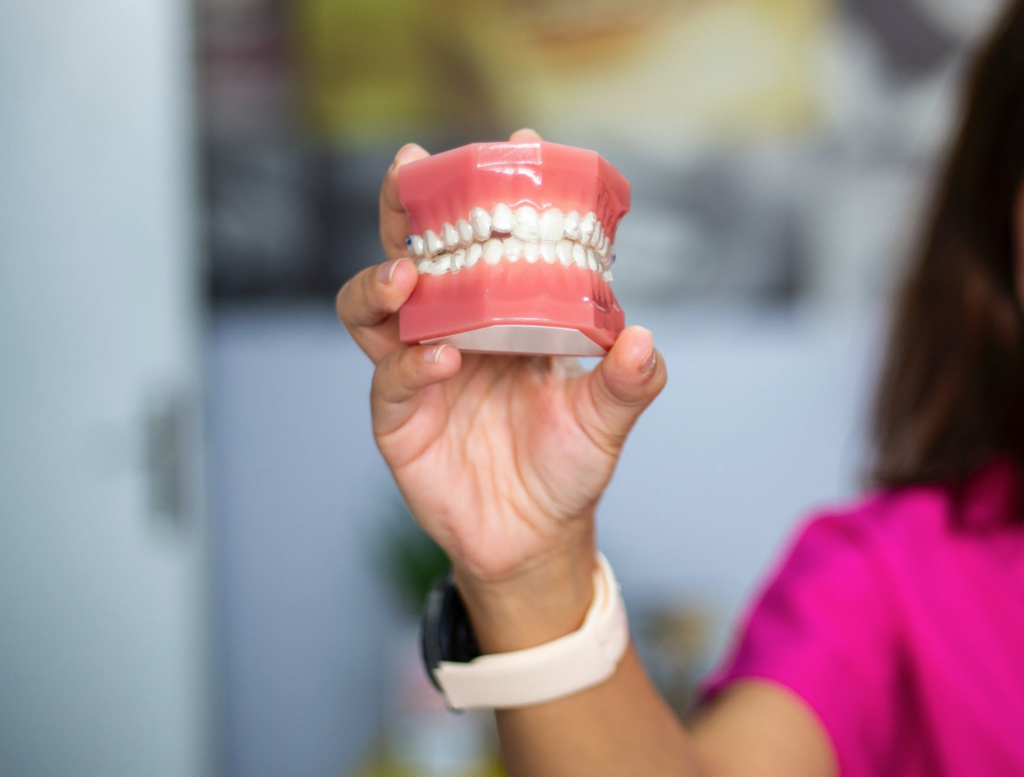
You should take your dentures out when eating until your gums strengthen enough to support the weight of you chewing. This will help to prevent them from becoming loose and also give your gums a break. If you have trouble eating without dentures, try soft foods or cut your food into small pieces. After several weeks of getting used to your dentures, you can begin to eat more normal foods.
How Long Should You Wear Dentures For the First Time?
It is normal to experience some discomfort when you first start wearing dentures. Your gums will need time to adjust to the new fit and your muscles will need time to learn how to keep them in place. For the first few days, you should only wear your dentures for a few hours at a time. Gradually increase the amount of time you wear them until you are comfortable wearing them all day.
It is important to remove your dentures at night to give your gums a chance to rest. Store them in a safe place, such as a denture cup, so they don’t get damaged. Be sure to clean your dentures daily with a soft-bristled brush and denture cleaner.
What Happens If You Stop Wearing Dentures?
If you stop wearing your dentures, your gums and bones will eventually shrink and change shape. This can make it difficult or even impossible to wear dentures in the future. Additionally, without the support of dentures, your facial muscles may be affected.
You should continue to wear your dentures as long as possible to maintain the health of your mouth. However, if you experience problems with your dentures, such as pain or discomfort, be sure to see your dentist. They can make adjustments to ensure a comfortable fit.
Can You Wear Dentures All Day?
While dentures are designed to help you speak, eat, and smile confidently, it’s not advisable to wear them all day without giving your gums a break. Most dentists recommend that you remove your dentures for at least 6 to 8 hours each day, typically at night while you sleep. This resting period allows your gums and the underlying bone to recover from the pressure of holding the dentures in place. Constant wear without breaks could lead to gum irritation, sores, or even infections. Therefore, balancing denture use with periods of rest is essential for maintaining a healthy mouth.
How Often Should You Clean Your Dentures?
Good oral hygiene is just as important for denture wearers as it is for those with natural teeth. Dentures can accumulate plaque, food particles, and bacteria just like natural teeth, so it’s critical to clean them daily. Ideally, you should clean your dentures at least twice a day — once in the morning and once before bed.
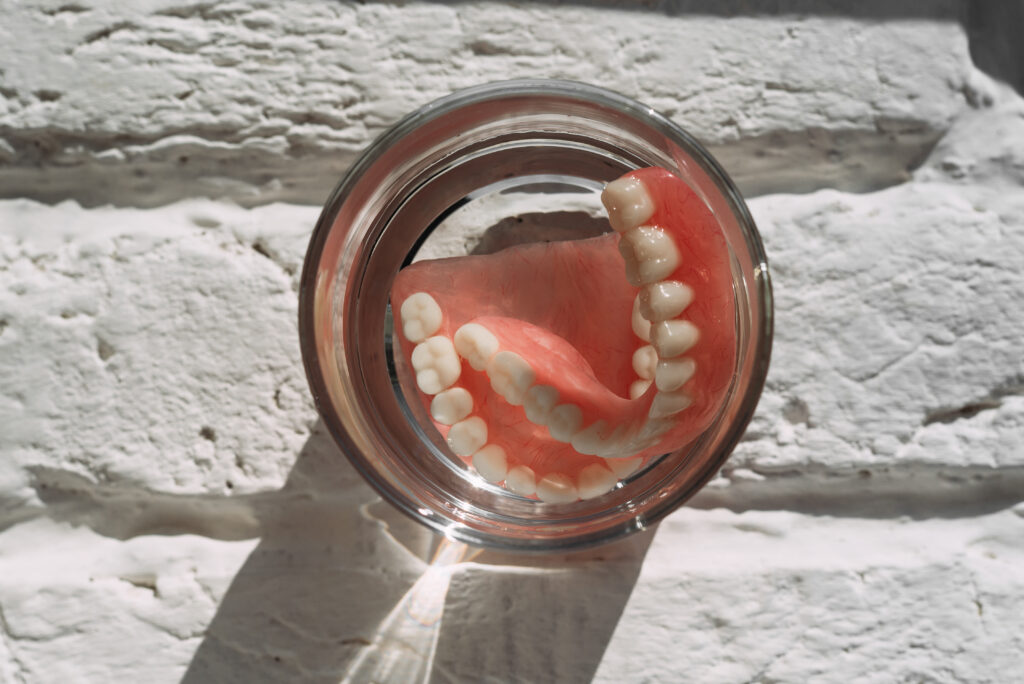
To clean your dentures, remove them and brush them using a soft-bristled toothbrush and a non-abrasive denture cleaner. Avoid using regular toothpaste, as it can be too harsh and may scratch the surface of the dentures, leading to wear and tear. It’s also important to clean your gums and any remaining teeth, if applicable, to remove bacteria and prevent infections. Additionally, soaking dentures in a denture solution overnight helps remove stains and bacteria, keeping them fresh and clean.
How Often Should Dentures Be Replaced or Adjusted?
Dentures are durable, but they don’t last forever. Over time, the shape of your gums and jawbone can change, causing dentures to fit less securely. As a result, dentures may need to be relined or adjusted to maintain a comfortable fit. On average, most dentures last between 5 and 10 years before they need to be replaced. If you notice your dentures are loose, causing discomfort, or affecting your ability to speak or chew, it’s time to visit your dentist for an adjustment or new set.
Regular dental check-ups are essential for denture wearers. During these visits, your dentist can assess the condition of your dentures and the health of your gums, making any necessary adjustments to ensure a good fit and avoid potential complications, like sore spots or infections.
Can You Sleep With Dentures?
While it’s possible to sleep with dentures in, it’s generally not recommended. Sleeping with dentures can increase the risk of infections and sores in your mouth, as your gums don’t get the necessary break they need to recover from daily wear. Additionally, leaving dentures in overnight can lead to bad breath and a buildup of bacteria on both the dentures and your gums.
If you prefer not to go without your dentures while sleeping, it’s important to at least remove them for several hours each day to allow your gums to rest. If you experience discomfort or difficulty sleeping without your dentures, discuss your concerns with your dentist, who may recommend specific solutions or adjustments.
How Do Dentures Affect the Health of Your Jawbone?
One of the long-term effects of wearing dentures is how they impact the health of your jawbone. Natural teeth help to stimulate the jawbone through activities like chewing, which keeps the bone strong and healthy. However, when natural teeth are lost and replaced with dentures, this stimulation no longer occurs. Over time, this can lead to bone resorption, where the jawbone begins to shrink and change shape.
As the jawbone deteriorates, dentures may not fit as securely, leading to issues such as slippage, discomfort, and changes in facial appearance. To prevent significant bone loss, your dentist may suggest dental implants, which help to stabilize the dentures and provide the necessary stimulation to the jawbone.
Contact Family Tree Dental About Dentures
If you are located near the Ohio, West Virginia border and you have questions about dentures, visit Family Tree Dental. Our team of experts can help you find the right solution for your smile. Give us a call or fill out one of our online forms to schedule and appointment with us!


